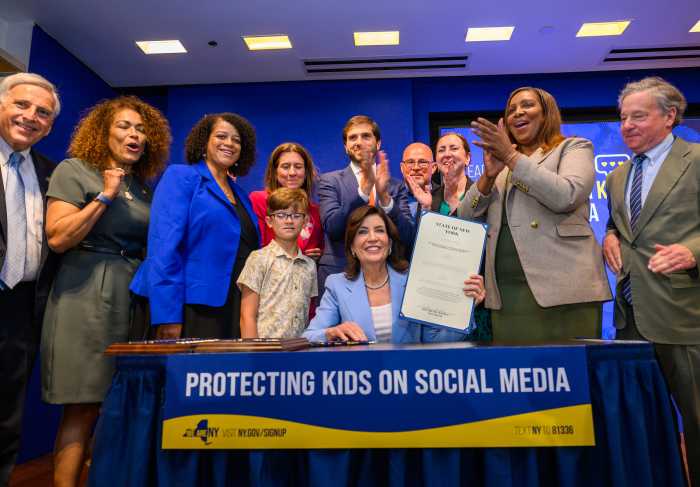The questions that I can’t answer come now, frequently, from my kids. The ones about life that, at 12 and 10, they still believe can be answered, while I, at 42, am not so sure.
Sitting on his bed, with a slightly worried brow, Eli asked recently, “Do humans mate for life?”
I gasp and groan and grab the wall for support.
“Um…” I stall for time. “Well…”
I want to say “How the hell do I know?” but I don’t. My shrug might say it for me, but words come out of my mouth before I can pretend this question hasn’t plagued me for years, that I haven’t researched it thoroughly.
“I don’t think we really know, but…” I pause here, a bit nervous. “… a lot of really smart people don’t think so.”
I brought up Picasso, a pretty brilliant man, and his many wives and paramours, one for every insanely awesome painting period. He may not be a model for relationship rules but, highly instinctual, he clearly acted on his basic human impulses. And isn’t that what Eli wanted to know? What, animalistically speaking, humans are meant to do? By “Do humans mate for life?” didn’t he mean “Should they,” or “Are they supposed to?”
We talk about “mating” all the time there in our rented house on the wetlands, where swans and crows and egrets and dragonflies swim and fly and chase one another in front of our windows.
Swans supposedly do mate for life, mostly. According to the Mother Nature Network, they are one of 11 species who maintain “monogamous pair bonds.” But, the website explains that the “decision” for these lovely creatures is not made for romantic reasons, but a more practical ones.
“Considering the time needed to migrate, establish territories, incubate and raise their young, spending extra time to attract a mate would minimize reproductive time.”
Well, the practical argument makes sense for people too, similarly establishing homes and raising young and trying to be productive, while maybe not just reproductive. To mate for life makes so much logical sense from an efficiency standpoint, which is, in the end, why most rites and rituals get created.
But is it actually what humans should do?
Aaaaargh!
Katie Roiphe’s great “Uncommon Arrangements” is a compendium of great historic couples for whom the idea of mating for life obviously both appealed and repelled them, as they got married but then chose to be with others, live apart, live together again, back and forth and around.
On the harder days around my house, when mating for life does not seem fun or even slightly feasible, I quote Montaigne, my fave French philosopher from the 1500s, who opined that humans are fickle on marriage as birds are with cages: “The birds without despair to get in, and those within despair of getting out.”
Divorce is happening all around here in Park Slope. Smart people are choosing to separate after great consternation over the matter, but that doesn’t mean we know the answer.
So I told Eli that no one really knows. Humans have the power to decide these things for themselves, and maybe that’s the problem. I wish I could have just said “Yes” or even “No.”
But my 42-year-old brain just doesn’t have all the answers to his 12-year-old mind’s queries.

























